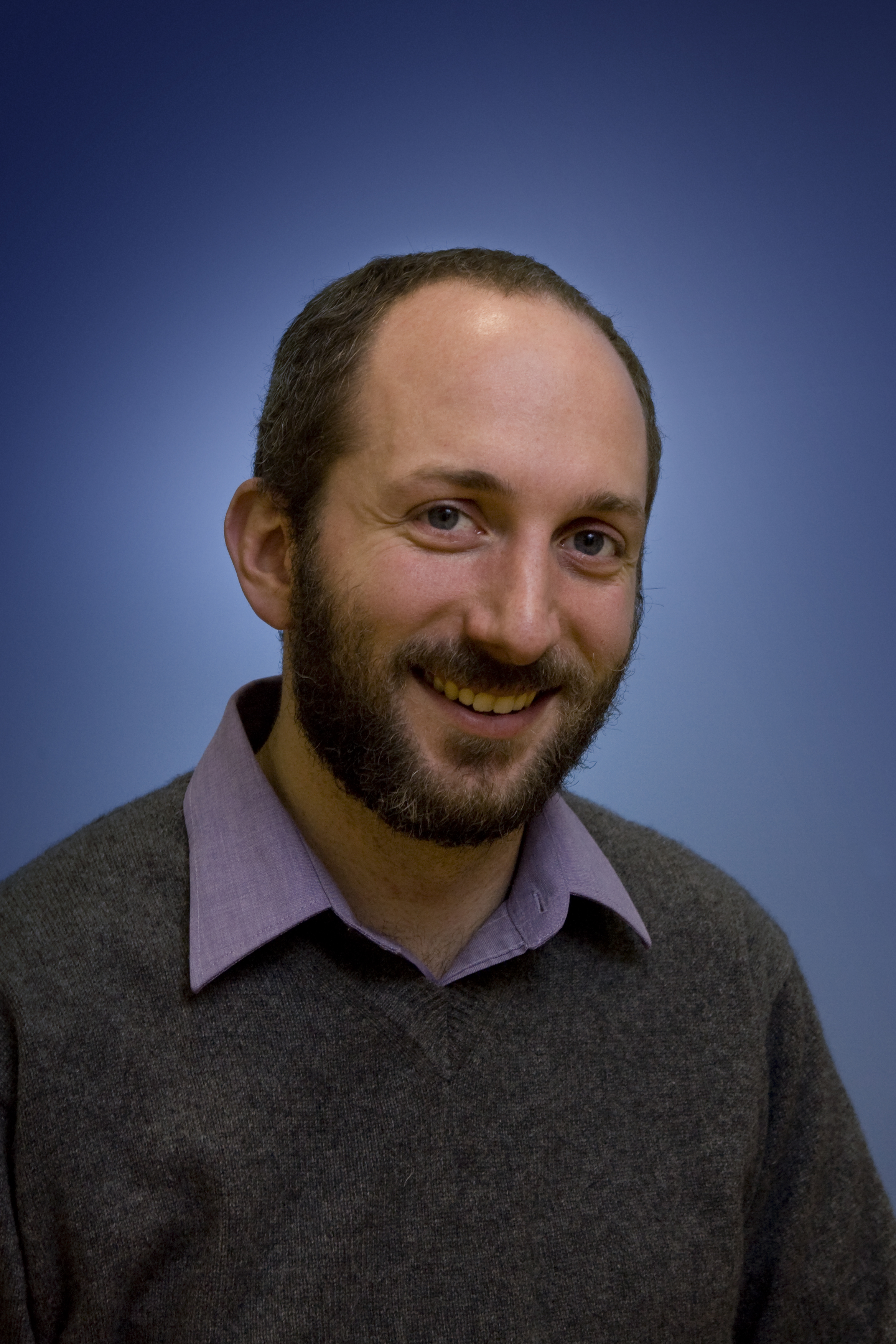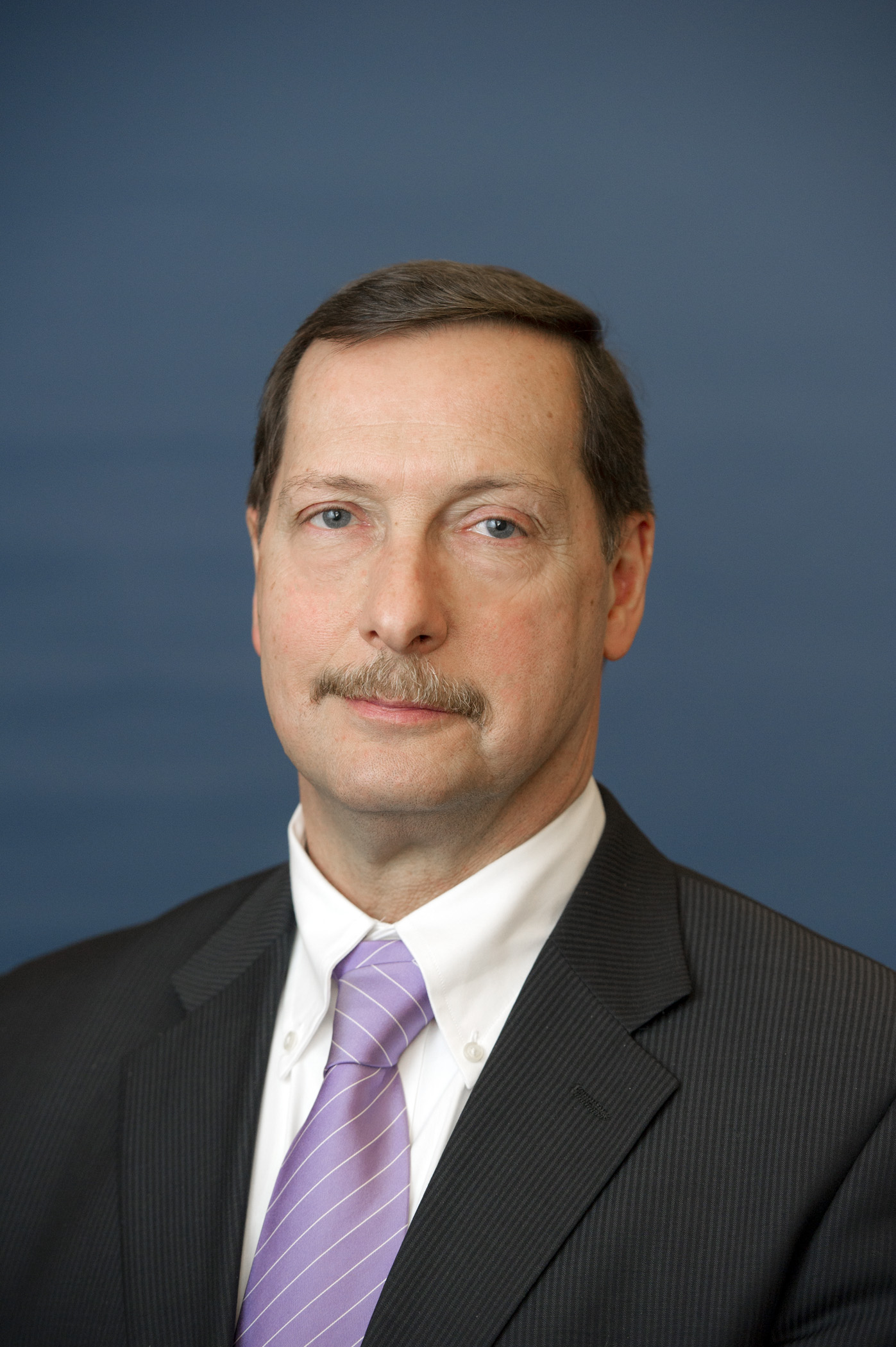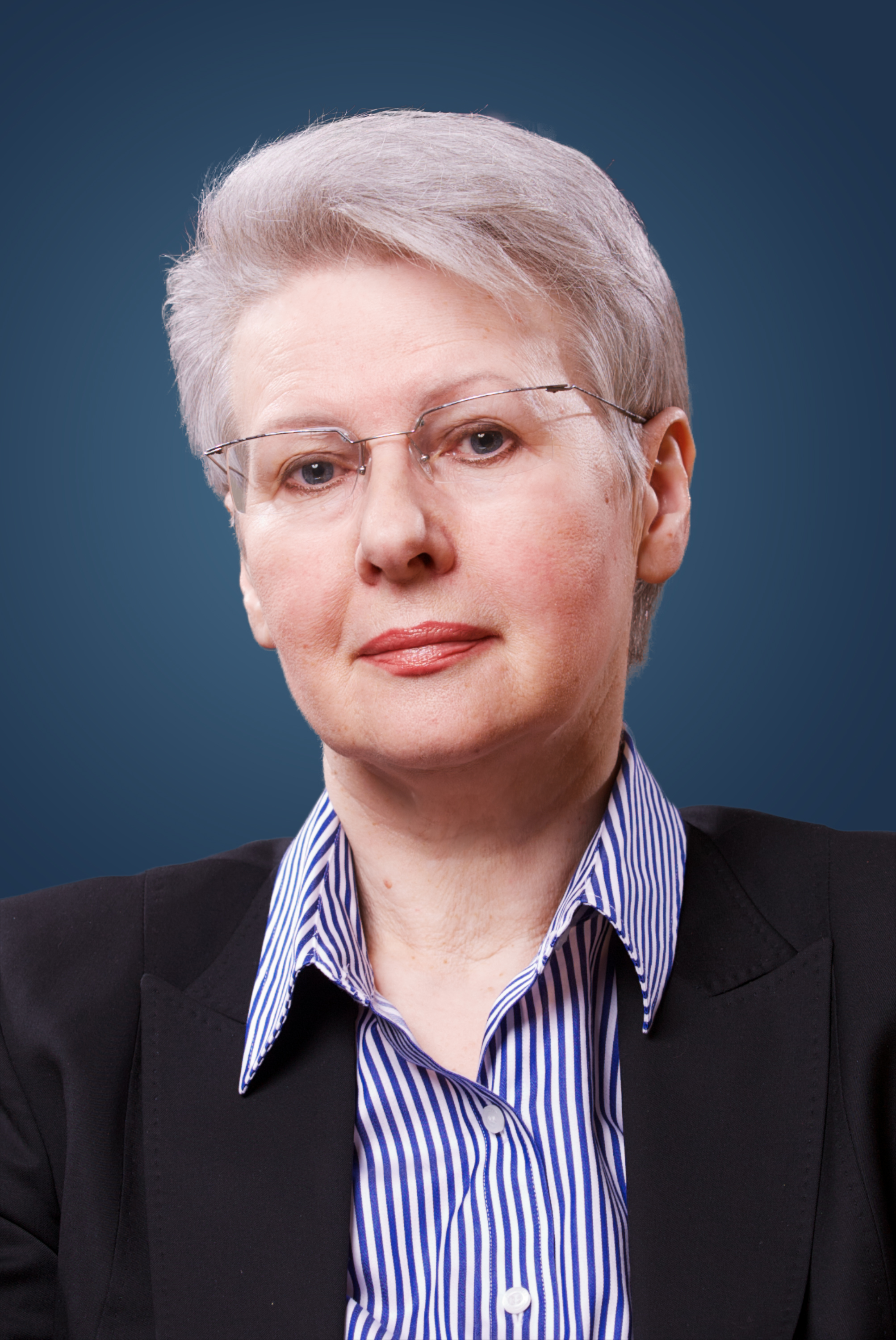- +8
Sam Greene, Alexey Arbatov, Lilia Shevtsova, …
{
"authors": [
"Sam Greene"
],
"type": "legacyinthemedia",
"centerAffiliationAll": "",
"centers": [
"Carnegie Endowment for International Peace",
"Carnegie Russia Eurasia Center"
],
"collections": [],
"englishNewsletterAll": "",
"nonEnglishNewsletterAll": "",
"primaryCenter": "Carnegie Russia Eurasia Center",
"programAffiliation": "",
"programs": [],
"projects": [],
"regions": [
"Caucasus",
"Russia"
],
"topics": [
"Political Reform",
"Democracy",
"Economy",
"Foreign Policy"
]
}
REQUIRED IMAGE
Medvedev's Russia vs. Putin's
Russia-watchers breathed a sigh of relief Monday with the news that Vladimir Putin had selected his successor. Finally, we knew the name of Russia's next president: Dmitry Medvedev. The initial consensus was, it could have been worse. But what we learned on Monday is dwarfed by what we still do not know about Russia's immediate future.
Source: Washington Post
Russia-watchers breathed a sigh of relief Monday with the news that Vladimir Putin had selected his successor. Finally, we knew the name of Russia's next president: Dmitry Medvedev. The initial consensus was, it could have been worse. But what we learned on Monday is dwarfed by what we still do not know about Russia's immediate future.
To be fair, we know a lot more about Medvedev than we did about Putin in 1999, when Boris Yeltsin unveiled him as Russia's second president. A lawyer with a strong grasp of market economics, Medvedev has a proven knack for soothing Russia's Western partners and international investors; Russia's stock markets soared on the news of his anointment. Within Russia, he is seen as a relative liberal. Liberal because he has not been an outspoken proponent of strong-armed government, but a relative liberal, because he has been more than willing to take part in massive state intervention into the economy.
Thanks in large part to his long friendship with the outgoing president -- dating back to law school in Leningrad, followed by a stint together in St. Petersburg's city hall -- we know also that Medvedev is very much Putin's man. Unlike other heirs apparent, such as Sergey Ivanov, with deep roots in the security apparatus, Medvedev has very little power base of his own. His rise through the government, as well as his place atop Gazprom's board of directors, is owed exclusively to Putin. As a result, any loyalty Medvedev commands hinges entirely on the trust Putin has invested in him.
Medvedev's résumé, though, tells us very little about what Russia's political future will look like. Yet if, as Medvedev has suggested, Putin simply moves over to the prime minister's chair, Medvedev becomes little more than a lieutenant, and we continue to live with Putin's Russia.
It is pretty clear that Medvedev will not come to power through legitimate democratic elections. The support he enjoys from Putin and the Kremlin's United Russia Party -- not to mention three other Kremlin-linked parties -- is sufficient to ensure that the Russian political establishment, news media and bureaucracy will truly countenance no other candidate. Those who do run nonetheless, including opposition leader Mikhail Kasyanov, will get no traction.
In some ways, the process that put Putin in power in 1999 is being replicated. The same competing, irreconcilable interest groups that compromised on Putin to succeed Yeltsin will coalesce around Medvedev, seeing him as suitably harmless (read powerless) as a neutral arbiter.
But Russia in 2007 is very different from Russia in 1999. The flood of money from oil, gas and other natural resources into an increasingly centralized power structure has raised the stakes of the political game dramatically. Trust in Russian politics is in very short supply, as cutthroat tactics within the elite are on the rise.
The only way Russia's ruling cliques will agree to support Medvedev is if Putin continues to guarantee their unimpeded and unaccountable prosperity. A presidential nomination and successful election will not confer on Medvedev the power that Putin has wielded to date. And because that power must be wielded, it will continue to reside with Putin even after Medvedev becomes president.
What the relationship between the two men will be, and how that relationship will affect political competition, is yet to be seen. In today's Russia, even more so than in the old Soviet Union, there are no guides for us to follow. We find it difficult to understand how the system works, because there is no system.
All we know is this: Next spring, when Putin moves out of the Kremlin and Medvedev moves in, Russia will undoubtedly change. Unfortunately, knowing who will be president tells us virtually nothing about the direction that change will take.
The author is a scholar-in-residence at the Moscow Center of the Carnegie Endowment for International Peace.
About the Author

Former Deputy Director for Operations, Moscow Center
Sam Greene was a deputy director for operations at the Moscow Center. He joined the Moscow Center in 2005. Previously, he was senior media program advisor for the New Eurasia Foundation, and a London and Moscow correspondent for FT Business.
- 20 Years Without the Berlin Wall: A Breakthrough to FreedomBook
- Russia in Mid-2011Other
- +1
Dmitri Trenin, Sergei Aleksashenko, Sam Greene, …
Recent Work
Carnegie does not take institutional positions on public policy issues; the views represented herein are those of the author(s) and do not necessarily reflect the views of Carnegie, its staff, or its trustees.
More Work from Carnegie Endowment for International Peace
- The Gulf Monarchies Are Caught Between Iran’s Desperation and the U.S.’s RecklessnessCommentary
Only collective security can protect fragile economic models.
Andrew Leber
- Duqm at the Crossroads: Oman’s Strategic Port and Its Role in Vision 2040Commentary
In a volatile Middle East, the Omani port of Duqm offers stability, neutrality, and opportunity. Could this hidden port become the ultimate safe harbor for global trade?
Giorgio Cafiero, Samuel Ramani
- Europe on Iran: Gone with the WindCommentary
Europe’s reaction to the war in Iran has been disunited and meek, a far cry from its previously leading role in diplomacy with Tehran. To avoid being condemned to the sidelines while escalation continues, Brussels needs to stand up for international law.
Pierre Vimont
- What We Know About Drone Use in the Iran WarCommentary
Two experts discuss how drone technology is shaping yet another conflict and what the United States can learn from Ukraine.
Steve Feldstein, Dara Massicot
- Beijing Doesn’t Think Like Washington—and the Iran Conflict Shows WhyCommentary
Arguing that Chinese policy is hung on alliances—with imputations of obligation—misses the point.
Evan A. Feigenbaum











